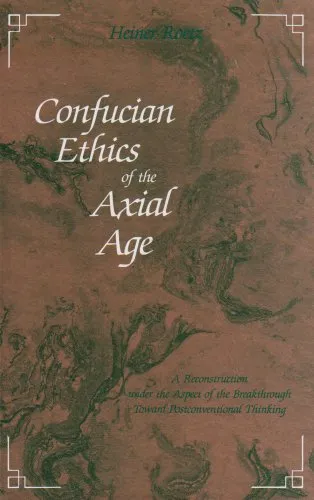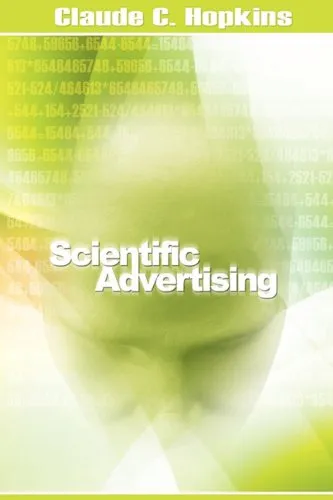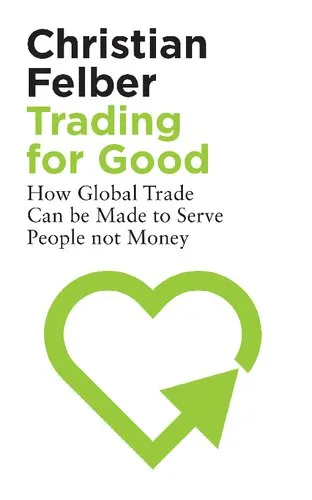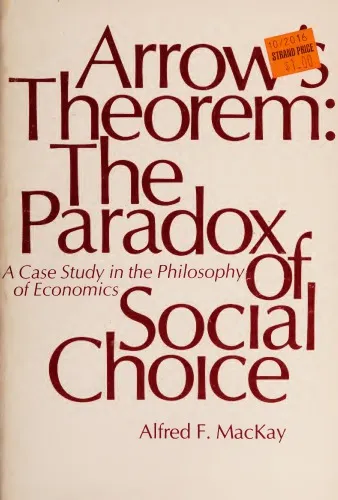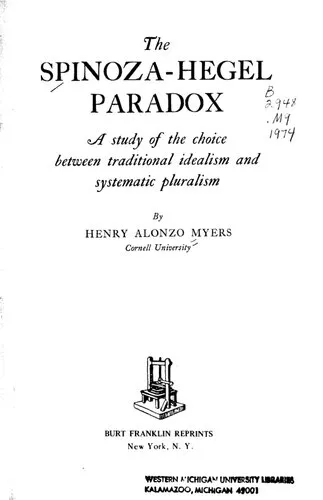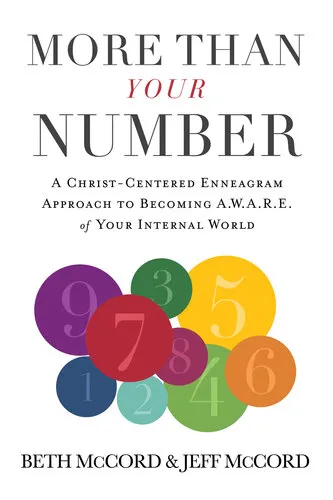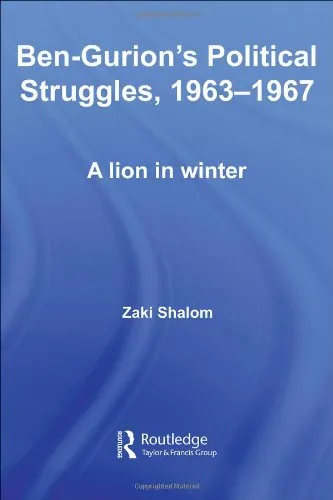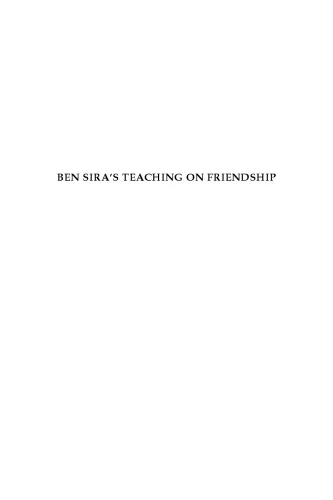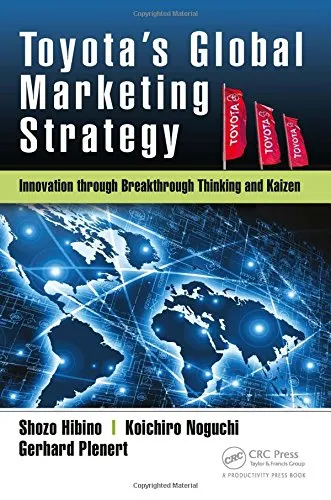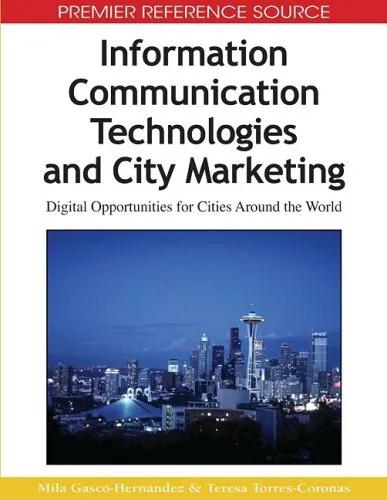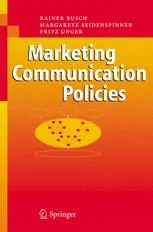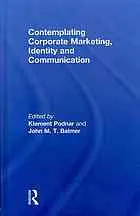Confucian Ethics of the Axial Age: A Reconstruction Under the Aspect of the Breakthrough Toward Postconventional Thinking
3.9
Reviews from our users

You Can Ask your questions from this book's AI after Login
Each download or ask from book AI costs 2 points. To earn more free points, please visit the Points Guide Page and complete some valuable actions.Related Refrences:
Introduction to "Confucian Ethics of the Axial Age: A Reconstruction Under the Aspect of the Breakthrough Toward Postconventional Thinking"
The book, "Confucian Ethics of the Axial Age: A Reconstruction Under the Aspect of the Breakthrough Toward Postconventional Thinking," offers a profound exploration into the philosophical evolution during the Axial Age, particularly focusing on Confucianism. This comprehensive analysis by Heiner Roetz elucidates the moral and ethical transformations that echo through the annals of ancient China and extend into contemporary ethical discourse.
Detailed Summary of the Book
In "Confucian Ethics of the Axial Age," Heiner Roetz embarks on a methodical examination of Confucian thought through the lens of the Axial Age—a pivotal era (approximately 800 to 200 BCE) characterized by profound intellectual, philosophical, and religious development. Roetz argues for a reconstructive approach to understanding how Confucian ethics progressed toward postconventional thinking, a form of morality that transcends traditional norms and embraces universal ethical principles.
The book meticulously analyzes the inherent values and ethical paradigms set forth by Confucius and his disciples. By juxtaposing Confucian principles with other Axial Age philosophies, such as those from Ancient Greece and India, Roetz highlights a simultaneous yet independent movement toward universal ethical reasoning across different cultures. This comparative perspective not only broadens the conventional understanding of Confucianism but also places it within a larger, global ethical discourse.
Roetz delves into critical Confucian concepts such as 'ren' (benevolence), 'li' (ritual propriety), and 'yi' (righteousness), dissecting their evolution and relevance in contemporary moral thought. By revisiting these tenets in the context of a global ethical framework, the book posits Confucianism as not merely a cultural or historical artifact but as a living philosophy capable of addressing modern moral dilemmas.
Key Takeaways
- Confucianism's ethical principles are likened to a movement toward postconventional morality, advocating for values that transcend cultural boundaries.
- The Axial Age represents a critical juncture in human intellectual history that gave rise to groundbreaking ethical and philosophical paradigms.
- Heiner Roetz's analysis provides a comparative study, aligning Confucianism with other Axial Age philosophies to illuminate its universal relevance.
- The book demonstrates Confucianism's capacity to address contemporary ethical issues by reinterpreting its core principles.
Famous Quotes from the Book
“In the ethical thinking of Confucianism, we find the seeds of universal principles that resonate with the moral breakthroughs of other Axial Age traditions.”
“Confucian ethics, in its essence, challenges the dichotomy between conventional and postconventional morality, proposing a synthesis that is as relevant today as it was thousands of years ago.”
Why This Book Matters
Heiner Roetz's groundbreaking work is pivotal for scholars, students, and enthusiasts of philosophy, ethics, and religious studies. It serves as a bridge connecting ancient philosophical traditions with modern ethical challenges, offering insights into how classical philosophies can inform contemporary discourse. By presenting Confucianism as an evolving and dynamic system of thought, this book not only enriches our understanding of the Axial Age but also elevates the significance of Confucian principles in crafting our moral compass today.
The book's relevance extends beyond academia, providing readers with a framework for engaging with moral questions that transcend cultural and temporal boundaries. Its exploration of postconventional thinking is particularly timely in an era of globalization, where diverse ethical systems converge and interact. Thus, Roetz's work stands as an essential contribution to the ongoing dialogue on universal ethics and the role of ancient philosophies in shaping the future of human morality.
Free Direct Download
You Can Download this book after Login
Accessing books through legal platforms and public libraries not only supports the rights of authors and publishers but also contributes to the sustainability of reading culture. Before downloading, please take a moment to consider these options.
Find this book on other platforms:
WorldCat helps you find books in libraries worldwide.
See ratings, reviews, and discussions on Goodreads.
Find and buy rare or used books on AbeBooks.
1211
بازدید3.9
امتیاز0
نظر98%
رضایتReviews:
3.9
Based on 0 users review
Questions & Answers
Ask questions about this book or help others by answering
No questions yet. Be the first to ask!
